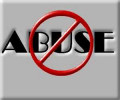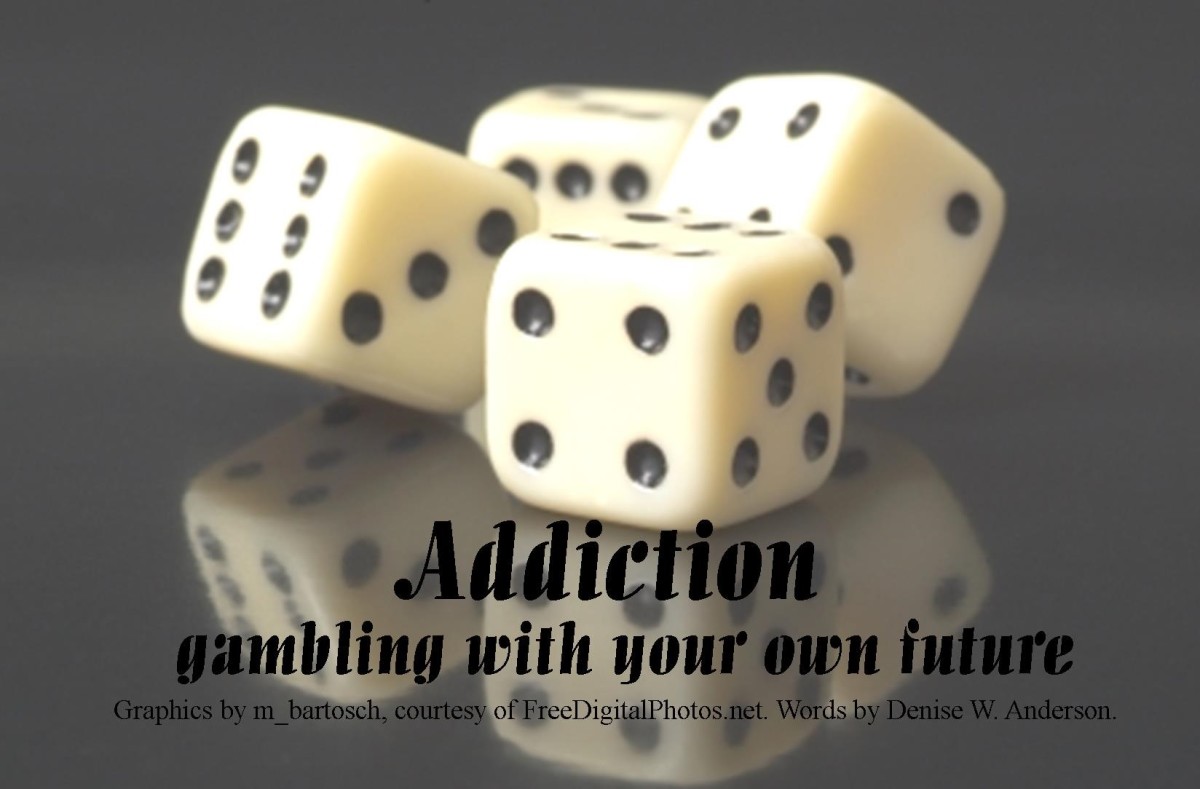Pinwheels for Prevention of Abuse
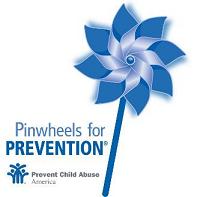
Child abuse happens everywhere
Child abuse is a growing concern all over the world. Everyday, children are the victims of physical, educational, medical, and even spiritual abuse and neglect. No socioeconomic class is immune from this tragedy, and it happens in every race, religion, and level of education. Legal definitions may vary from state to state, or across national boarders, but the affects are the same.
Prevent Child Abuse America's campaign, Pinwheels for Prevention, was formed to raise awareness of Child Abuse and work toward resolution of the issue. Pinwheels were chosen as they are an "uplifting reminder of childhood and the bright futures all children deserve." They have become the national symbol for prevention of child abuse.
Pinwheels for Prevention
The Personal Pinwheel developed by Denise W. Anderson represents the life of the total person. Each area is equally important. Just as changing the proportions of the pinwheel causes it to go off balance and not spin properly, over or under emphasis in one area or another of life will lead to personal and family issues, thus increasing the risk of self and other abuse.
To make your own pinwheel, cut out the square outline of the pinwheel. Cut along each of the lines between the four outer areas. Be careful to keep the inner circle intact. Assemble the pinwheel by bringing the blank corners of each triangle to the middle of the square covering the Emotional and Spiritual area. Insert a straight pin into the corners that are gathered in the center of the square, then insert the straight pin into a pencil eraser. To spin the pinwheel, hold onto the pencil with the words of the pinwheel facing forward. Swish the pinwheel forward and backward to make it twirl.
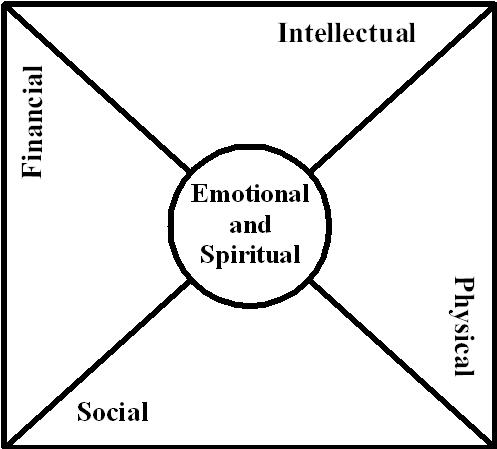
Reducing the Risk
Note that when making the pinwheel, the outer corners are all brought to the center and connected together, covering the circle in the middle. In the same manner, the Emotional and Spiritual area is the basis upon which all areas of life connect. Without this vital center, we are left to ourselves, unable to make sense of life. Use the following questions to evaluate where you are currently with your personal pinwheel:
Emotional and Spiritual
- Do you use scripture study and prayer regularly to help you connect with your spiritual power center and solve problems?
- Do you have a church home where you feel a family connection with those around you, and a place you can turn when you need assistance?
Financial
- Do you have sufficient resources to provide the necessities of life for you and your family; i.e. shelter, transportation, medical care, food, clothing, etc.?
- Have you taken advantage of training opportunities that would allow you to upgrade your skills in your chosen profession?
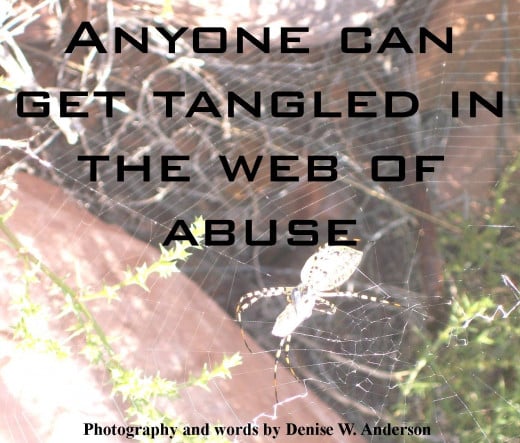
Intellectual
- Are you able to read and write sufficiently to communicate effectively with those around you at work, home, school, and in the community?
- Do you take advantage of resources such as the library, Internet, television, and other media to increase your learning about the world and how things work?
Social
- Are you connected with people who enjoy wholesome recreation?
- Do you have someone to talk to when times are tough?
- Is your family connected with other families that serve as mentors and help you see how you would like your family to be?
Physical
- Do you and your family regularly engage in physical activity for exercise?
- Do you eat well balanced meals, get enough sleep, and take care of your medical needs when they arise?
- Do you have preventative maintenance checkups for such things as dental, eye doctor, and immunizations?
Avoiding Self-Abuse
Abuse starts with abuse of the self. We all have weaknesses and imperfections, and our ability to be our own loving parent determines how we treat ourselves and others. Our emotional health is largely determined by our ability to engage in the following behaviors:
- Problem solving - What process do we use to analyze a difficult situation and choose a proper course of action?
- Conflict resolution - How do we respond when someone does or says something that bothers us and we get upset?
- Communication - Are we able to let others know how we feel and what we want to have happen? Can we listen objectively to their concerns?
- Resilience - Can we bounce back after we have experienced a crisis or difficulty? Are we able to help our family re-establish a normal routine again?
- Resource management - Do we have the necessary tools, knowledge, and people around us to accomplish the goals we have for our lives?
Our emotional health is the glue that holds our lives together, both for ourselves and our families. When our emotional health is strong, we are able to balance the other aspects of our lives in such a way that abuse is no longer an issue.
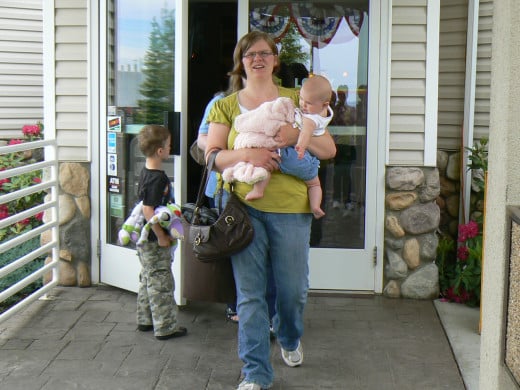
Help is just a phone call away
Parenting is the toughest 24/7 job there is. It requires energy, resources, knowledge, and desire. These things don't just happen by themselves. Parents need to take care of themselves just as much as they need to take care of their children. Attention to these five basic areas enable parents to see that their own needs are met, leaving them in a better position to be the parent they need to be for their children.
The US Department of Health and Human Services has developed a hotline (1-800-799-7233) where anyone at risk of abusing their child can obtain assistance.
According to their website, "Services are provided without regard to race, color, national origin, religion, gender, age, or disability (including deaf and hard of hearing). Assistance is available in English and Spanish with access to more than 170 languages through telephonic interpreter services. The hotline provides the following services:
- Crisis intervention.
- Domestic violence education.
- Safety planning.
- Directly connecting callers to Service Providers such as local shelters.
- Referrals to agencies that provide legal, economic self-sufficiency, sexual assault, elder abuse, children’s and other related services."
This content is accurate and true to the best of the author’s knowledge and is not meant to substitute for formal and individualized advice from a qualified professional.
© 2012 Denise W Anderson

